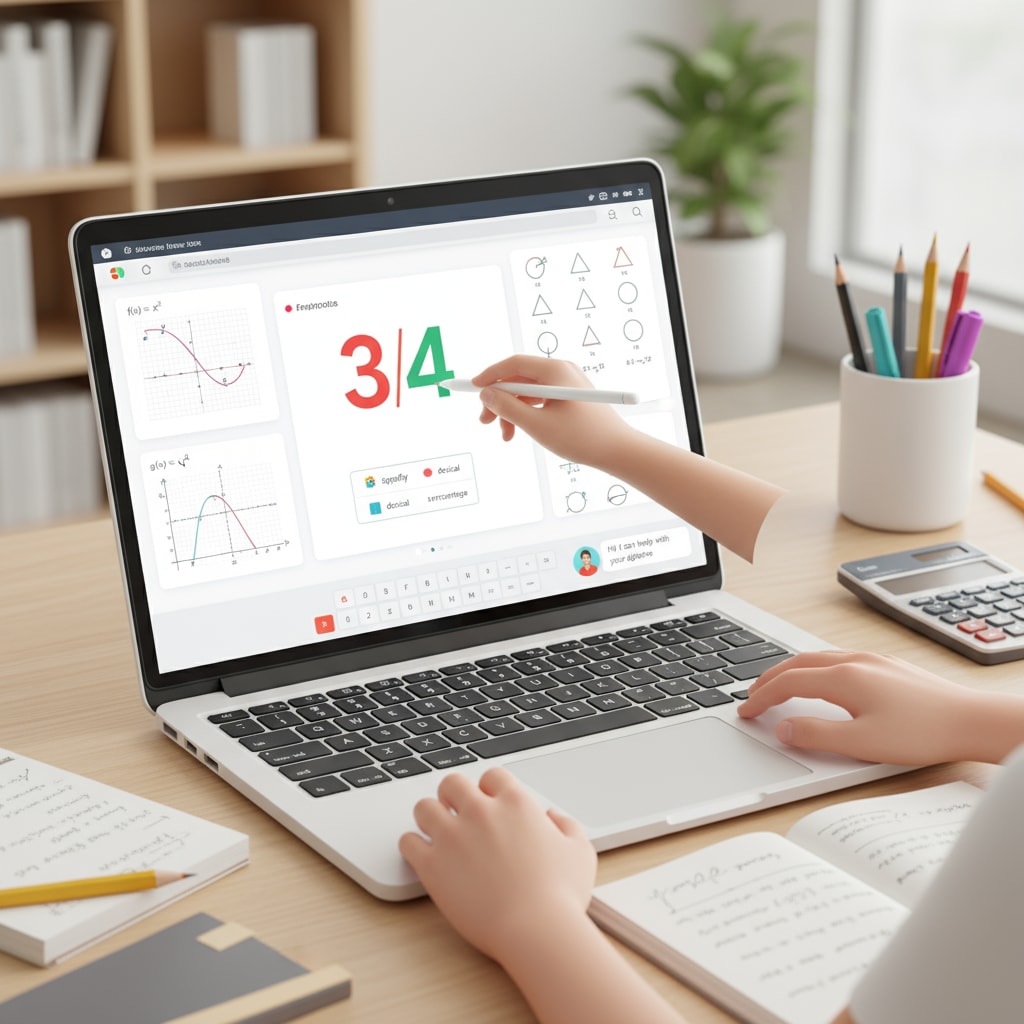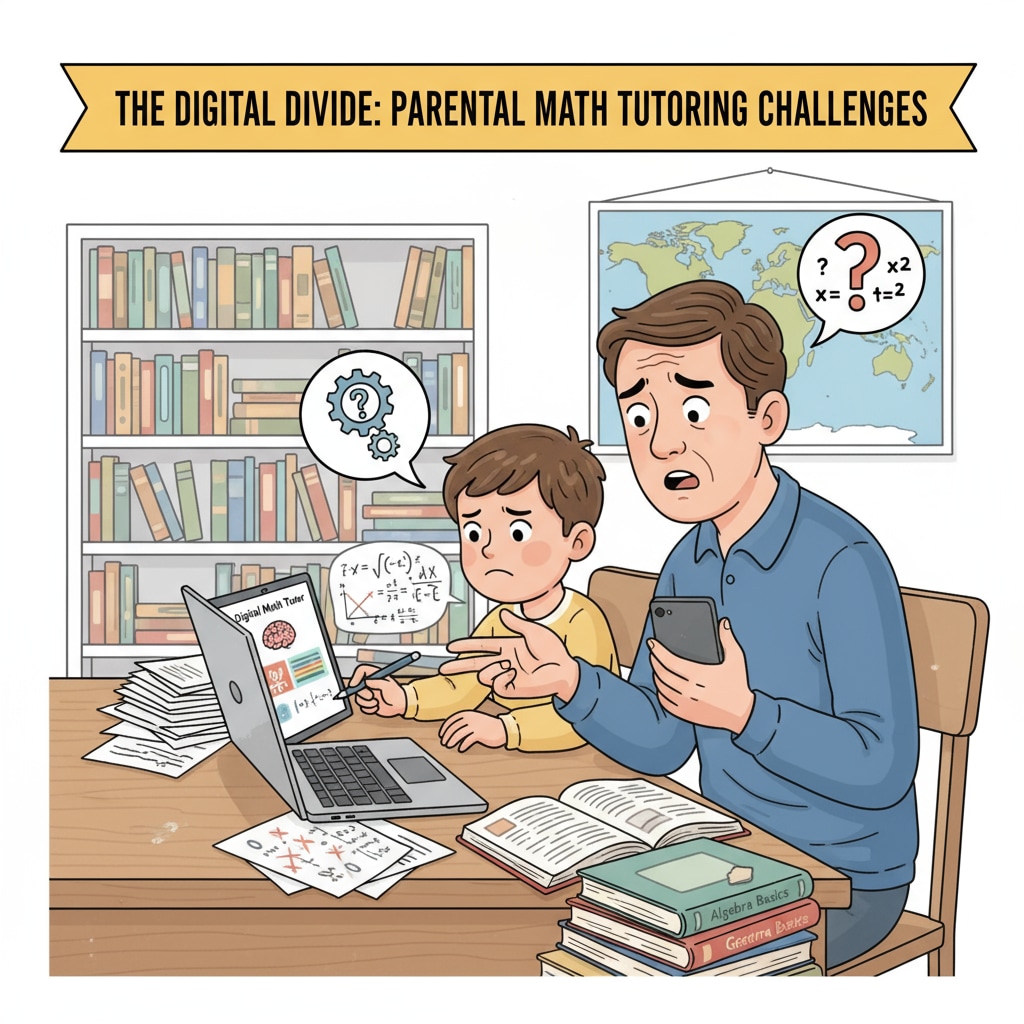In the realm of K12 education, digital learning, with Chromebooks taking the place of traditional paper textbooks, has introduced a new set of challenges, particularly in the areas of systematic content and practice materials, and this has significantly impacted parent tutoring, especially in math. As technology continues to reshape education, it’s crucial to understand the implications of these changes.
The Digital Shift in K12 Education
The widespread adoption of Chromebooks in K12 schools has been a major step towards digital learning. These devices offer access to a wealth of online resources, but they also come with their own set of problems. For example, the transition from paper textbooks to digital platforms has led to a fragmentation of content. According to Education Week, many digital learning platforms lack the comprehensive and systematic structure that traditional textbooks provided. This lack of structure can make it difficult for students to build a solid foundation in subjects like math.

The Shortage of Systematic Content
One of the most significant issues is the lack of systematic content on digital learning platforms. In math, a subject that requires a sequential and logical progression of concepts, this can be particularly detrimental. Digital resources often present information in a haphazard manner, jumping from one topic to another without a clear framework. As a result, students may struggle to connect the dots and understand the underlying principles. Parents, who are often called upon to assist with homework, find themselves at a loss when trying to guide their children through this disorganized content. Britannica’s research on online learning highlights this problem as a major hurdle in effective digital education.
Inadequate Practice Materials
In addition to the lack of systematic content, digital learning platforms often suffer from a shortage of sufficient practice materials. Math is a subject that requires ample practice to master, but many digital resources fail to provide enough exercises. This can leave students underprepared for exams and unable to fully grasp the concepts. Parents, in turn, struggle to find additional practice materials that align with the digital curriculum. Without proper practice, students may not develop the necessary skills and confidence to succeed in math.

To address these issues, schools and educational institutions need to take proactive steps. They should invest in developing high-quality digital content that is both systematic and comprehensive. Additionally, more practice materials should be made available, either through the platforms themselves or through partnerships with educational publishers. Parents also need support in navigating the digital learning landscape, such as access to training and resources to help them better assist their children.
Readability guidance: The article uses short paragraphs to convey ideas clearly. Lists could be further incorporated in future improvements. Passive voice is minimized, and transition words like ‘for example’, ‘in addition’, and ‘as a result’ are used to enhance flow.


